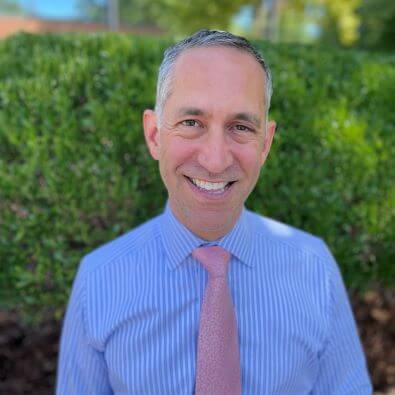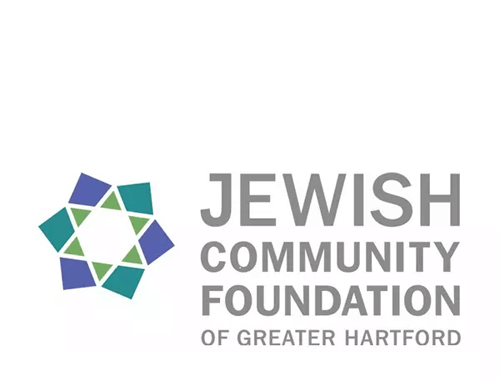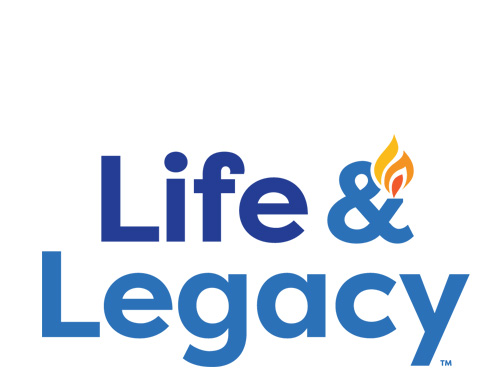- about
- academics
- current parents
- student life
- Prospective Parents
- Donate
Schechter Shavua: Back to School Issue
Schechter Keeps Growing with 21 New Families
 We are so excited about Schechter’s continued growth this year; we welcomed 30 new students (21 families) to the Schechter community! To help these new families feel part of the Schechter community, the Schechter Parent Association (PA) hosted a New Family Ice Cream Social on Sunday evening before the first day of school. Each new family is paired with a buddy family (a veteran Schechter family) to help answer their questions and learn the ropes. Buddies connected on Sunday over ice cream and will continue to meet up throughout the year.
We are so excited about Schechter’s continued growth this year; we welcomed 30 new students (21 families) to the Schechter community! To help these new families feel part of the Schechter community, the Schechter Parent Association (PA) hosted a New Family Ice Cream Social on Sunday evening before the first day of school. Each new family is paired with a buddy family (a veteran Schechter family) to help answer their questions and learn the ropes. Buddies connected on Sunday over ice cream and will continue to meet up throughout the year.
As a result of this program, each class was eager to welcome newcomers and forge new friendships on the first day of school. We encourage you to keep spreading the word about Schechter!
Check out PHOTOS from our New Family Ice Cream Social!
Introducing a New Initiative: The ShevetProgram
We are thrilled to be introducing several new initiatives this school year! On Wednesday, students had their first taste of the Shevet program. This will be an opportunity for students to meet on an ongoing basis with a mixed group of students from all the classes in the school from Ilanot (Kindergarten) through Amirim(8th grade). Students will meet to celebrate holidays, share their accomplishments, teach and learn from each other, and work on Growth Mindset together.
At Wednesday’s first meeting, students had the opportunity to gather for the first time with their Shevet groups. Students had conversations through fun ice breakers, then together they decided their Shevet mascot and color before creating their Shevetbanner. We can’t wait to see the ways in which bonds develop across the grades!
Starting the Year with Interdisciplinary Work
 The Anafimclass (grades 1-2) combined the disciplines of math and art to create beautiful sunbursts. They followed directions using math tools (a pencil, a ruler, and a geometric shape) to create their design before finishing it with watercolor paint. Although students were given the same set of directions and the same materials, each sunburst came out as unique as they are.
The Anafimclass (grades 1-2) combined the disciplines of math and art to create beautiful sunbursts. They followed directions using math tools (a pencil, a ruler, and a geometric shape) to create their design before finishing it with watercolor paint. Although students were given the same set of directions and the same materials, each sunburst came out as unique as they are.
Meet Sandy Raymond, the new Front Office Manager
 There’s a new face in the office! Please help us welcome Sandy Raymond, the new Front Office Manager. Sandy will be your go-to person for dismissal messages, early pickups, informing about attendance, and more. She is warm and friendly, and will be a great addition to the Schechter team.
There’s a new face in the office! Please help us welcome Sandy Raymond, the new Front Office Manager. Sandy will be your go-to person for dismissal messages, early pickups, informing about attendance, and more. She is warm and friendly, and will be a great addition to the Schechter team.
Sandy grew up in Plainville, the baby of 5 sisters. She grew up in a military family, and her father met her mother in Morocco while in the Air Force. Sandy left Plainville in 1998 and moved to South Florida; she recently moved back to Connecticut to spend more time with her very large family, including her sisters, 10 nieces/nephews, 18 great-nieces/nephews, and almost 100 cousins on her dad’s side! In her free time, Sandy has many hobbies, including finding older pieces of furniture and then chalk-painting them, decorating her house for each season, and watching Hallmark shows and movies.
To reach Sandy, email sraymond@ssds-hartford.org or call the main number: 860.561.0700.
You can still find Audrey Sobel at Schechter, as the Director of Communications. Please let her know if you have news to share regarding alumni (interesting work or leadership, births, etc.) and if you have sad news about the death of a loved one. asobel@ssds-hartford.org

Check Backpacks for DevashEach Friday
We are excited to continue sending Devash , a magazine for children and families focused on the weekly Torah portion. Devashis produced by Yeshivat Hadar, an amazing center of Jewish life and learning based in New York City. It is full of sources, discussion questions, and activities that are suited for children of all ages, and for adults as well. We hope you will skim through and find a few pieces that seem right for you and your children. Most weeks, we will send it home on Fridays with your youngest Schechter student. This week you will also receive some earlier issues that were published before we resumed school.
We are extremely grateful to Schechter parents Adam Berkowitz and Rabbi Ilana Garber for sponsoring Devashfor all of our families. They, and we, hope that it leads to inspiring learning and meaningful conversations.
Don't forget to check your youngest child's backpack this afternoon to see your copy of Devash!
Parashat Shoftim—Yesterday’s Answers May not Work for Today’s Questions
 Legal systems can help societies move forward—or keep them stuck in place. We might think that on questions of legal tradition and change, the Torah is squarely on the side of tradition, but this week’s Torah portion subtly argues for the importance of being dynamic. Parashat Shoftim says that if a local magistrate encounters a difficult case, he should go to the capital and consult “the levitical priests, or the judge who lives at that time” to present his problem. He is then to carefully follow their ruling.
Legal systems can help societies move forward—or keep them stuck in place. We might think that on questions of legal tradition and change, the Torah is squarely on the side of tradition, but this week’s Torah portion subtly argues for the importance of being dynamic. Parashat Shoftim says that if a local magistrate encounters a difficult case, he should go to the capital and consult “the levitical priests, or the judge who lives at that time” to present his problem. He is then to carefully follow their ruling.
A little over 100 years ago, a Bible commentator named Arnold Ehrlich asked an interesting question about the phrase “the judge who lives at that time.” What could it mean to go to a priest or a judge who didn’t live at that time? His answer: “This happens when a priest or judge wrote their decisions in a book, and died, and in another generation, a reader reads their decisions from their book.”
Judges, says Ehrlich, can’t rigidly rely on books. Instead, they have to understand their own context. Some old answers are still fully applicable, but others, good in their time, aren’t right for ours.
This is a powerful message for us at Schechter. We are blessed with a rich history, a lot of continuity, and beautiful traditions. But the challenges we face today are different from the ones the school faced years ago—and even where they are the same, our answers may differ because our society and our world are different. We need to use our own best judgment, and not just rely on precedent, no matter how good it is. That’s why we are constantly evaluating our practices and approaches.
It’s especially important to think about this as we prepare for Rosh Hashanah. Who are we, and who do we want to be, and how can we narrow the gap between? Sometimes, we may realize that our lives have changed, and we need new answers, new ways of finding meaning, new ways of being good, new ways of trying to live according to our sense of God’s will. May these holidays bring us powerful new answers!
Shabbat shalom,
Rabbi Jonathan Berger
Head of School
Questions for the Shabbat table:
1. Rabbis have to constantly apply the prescriptions of our tradition and sacred texts to life today. Can you think of a time when a rabbi did so in a way that felt powerful to you?
2. Have you ever realized that you had been making decisions, or acting in a certain way, for reasons that no longer applied or held meaning to you? How did you respond? It can be easy to think of examples when we stopped doing something because it felt meaningless; try to also think of examples when you started doing something because you realized you weren’t living up to your ideals.
Solomon Schechter Day School
of Greater Hartford
26 Buena Vista Road
West Hartford, CT 06107
© Solomon Schechter Day School of Greater Hartford | Site design Knowles Kreative




